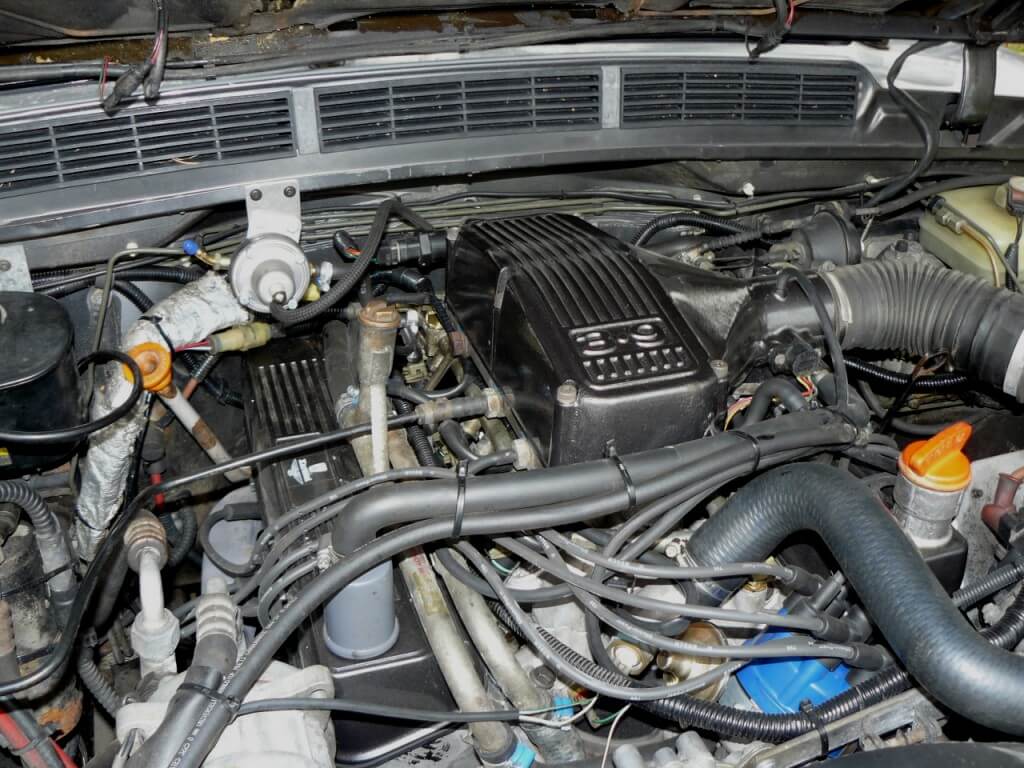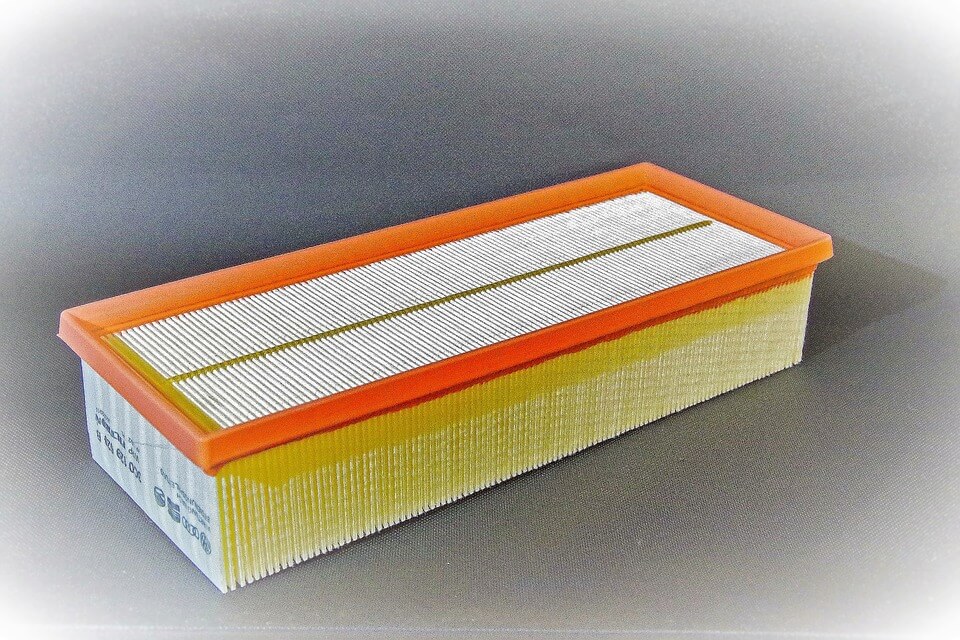If it is not moving as fast as it used to, if climbing a hill overwhelms it, if there is too much exhaust smoke, if the engine overheats, if it gives you a hard start in the morning … well, you can add other ifs there… that car is not alright. Something is wrongly. Maybe it needs a tune-up? We will see.
In the mere sense of the word, engine tune-up is a type of service that is supposed to make the engine run more efficiently, with more oomph. An engine tune-up is a necessary maintenance procedure for any automotive. So what does it entail?
Nothing untoward really. For some, it could be normal servicing after the recommended mileage while for others, it could be more than that.
Spark plugs replacement
This is one of the basic engine tune-up tasks. Having new spark plugs adjusts the spark time and ensures that the car ignites fast. Typically, it is recommended that the spark plugs are replaced after every 100, 000 miles/ 160934.4 km. However, different cars have different ranges. You can always check the car manufacturer’s recommendation to know what mileage your car needs to cover before replacing the spark plugs.
Replacing the air filters
The air filter is an important part of the engine fuel system and it is important to ensure that it is clean, always. Over time, the air filters get clogged up and can in turn slow the engine. Besides slowing down the engine, a clogged air filter damages the fuel pump and fills the fuel injectors with deposits and grime, all of which are bad for engine efficiency. To avoid such defects, tune ups are done to remove clogged filters, thus ensuring that the engine runs promptly and efficiently. Replacing air filters also improves acceleration.
Changing the oil
This is another important aspect of engine tune-ups. For the engine to work to its full potential, it is recommended that one drains the old oil and replaces it with fresh oil for every 3000 miles/4828 km. If you are not sure, you can check with the car’s manufacturer about when to change the oil. Never let the car stay too long after the
Replacing oxygen sensors
In this age when the debate about carbon emissions is high, the oxygen sensors have become very important. Their work is to alert the engine management computer when the engine is not burning fuel completely. This sensor monitors the amount of oxygen in the exhaust gas. If it is too high, then it means you are losing fuel and causing more air pollution.
If the oxygen sensors are faulty, the catalytic converter cannot do the job of cleaning the exhaust gas produced. The reason for this is because worn out oxygen sensors send wrong codes rather than the right ones. The sensors need to be replaced as soon as need be.
The perfect ration of air to petrol in the engine has to be maintained. If there is less air in this mixture, then it means there will be fuel wastage and more pollution. Sometimes, there could be more air in the mixture than petrol leading to what is referred to as lean mixture. This can cause engine troubles and poor performance.
Frequency of engine tune-ups
The frequency of engine tune ups mostly depends on how much or how less a vehicle is used. You should never skip the recommended servicing time for your car, something that you will find on the manufacturer’s website, or on the manual. The garage attendant will let you know when you ought to have your car serviced again. Driving conditions also determine how soon your car may need an engine tune-up. For example, dusty areas may cause more damage to the air filter.








